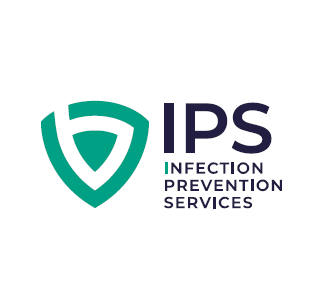How Stewardship Programs Prevent the Overuse of Antibiotics
One of the primary goals of antimicrobial stewardship is to prevent the overuse of antibiotics, which is a significant driver of resistance. Stewardship programs achieve this by establishing clear guidelines for when antibiotics should be prescribed and ensuring that these guidelines are followed consistently. This involves not only limiting antibiotics to cases where they are essential but also ensuring that the right drug, dose, and duration are selected for each case. By doing so, ASPs help preserve the effectiveness of existing antibiotics and reduce the likelihood of resistance developing.
Strategies for Monitoring and Reducing Antibiotic Prescriptions
Monitoring antibiotic use is critical to the success of stewardship efforts. ASPs implement various strategies to track antibiotic prescriptions, such as regular audits, feedback to prescribers, and the use of electronic health records to identify patterns of overuse. Delay prescribing strategies, where antibiotics are prescribed but only used if symptoms persist or worsen, can also reduce unnecessary prescriptions. Another effective strategy is using narrow-spectrum antibiotics whenever possible, as these are less likely to contribute to resistance than broad-spectrum alternatives.
The Role of Healthcare Providers in Preventing Drug Resistance
Healthcare providers are on the front lines of the fight against drug resistance. Their decisions about prescribing antibiotics directly impact the development of resistance, making their role in ASPs crucial. Providers must be educated about the principles of antimicrobial stewardship and supported in making informed prescribing decisions. This includes understanding when antibiotics are appropriate, selecting the most effective treatment, and knowing when to withhold antibiotics in favour of alternative approaches. By taking these steps, healthcare providers can help ensure that antibiotics remain effective for future generations.
Ensuring Effective Treatments for the Residents
Why Choosing the Right Antibiotic Matters More Than Ever
Choosing the right antibiotic is more critical than ever for residents due to their increased vulnerability and the potential for drug interactions. Selecting an inappropriate antibiotic not only increases the risk of resistance but can also lead to adverse side effects that can be particularly harmful in older adults. ASPs emphasise the importance of accurate diagnosis and using culture results to guide antibiotic selection, ensuring that the most effective and least harmful treatment is chosen for each patient.
Ensuring Dosages are Appropriate for Residents
Residents often require adjusted dosages of antibiotics due to factors such as reduced kidney function and the presence of other medications. ASPs play a critical role in ensuring that dosages are appropriate, balancing the need for effective treatment with the potential risks of side effects. This often involves closely monitoring drug levels and adjusting dosages based on the resident's response and any changes in their condition. By doing so, ASPs help prevent under and over-treatment, ensuring that infections are managed effectively without unnecessary harm.
How Stewardship Programs Improve Treatment Outcomes
Stewardship programs are designed to improve treatment outcomes by promoting the responsible use of antibiotics and ensuring effective and safe treatments. By reducing the incidence of drug-resistant infections and minimising the risk of side effects, ASPs help improve residents' overall health and quality of life. Additionally, by preventing the spread of resistant bacteria, these programs help protect other residents in aged care facilities and the broader community, contributing to better public health outcomes.

